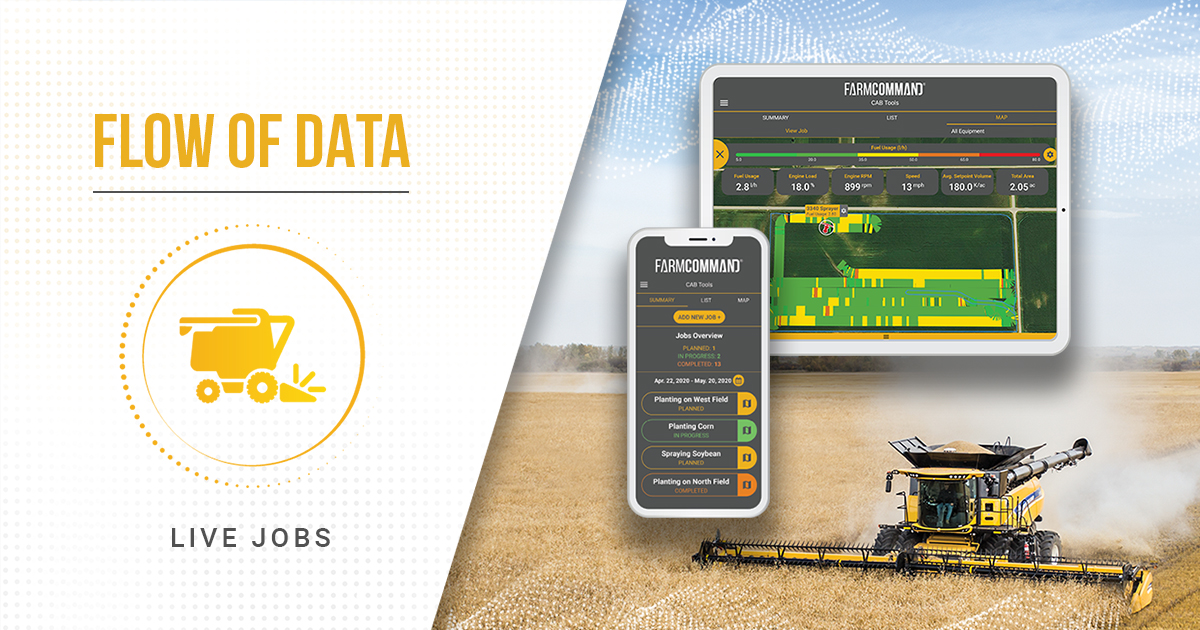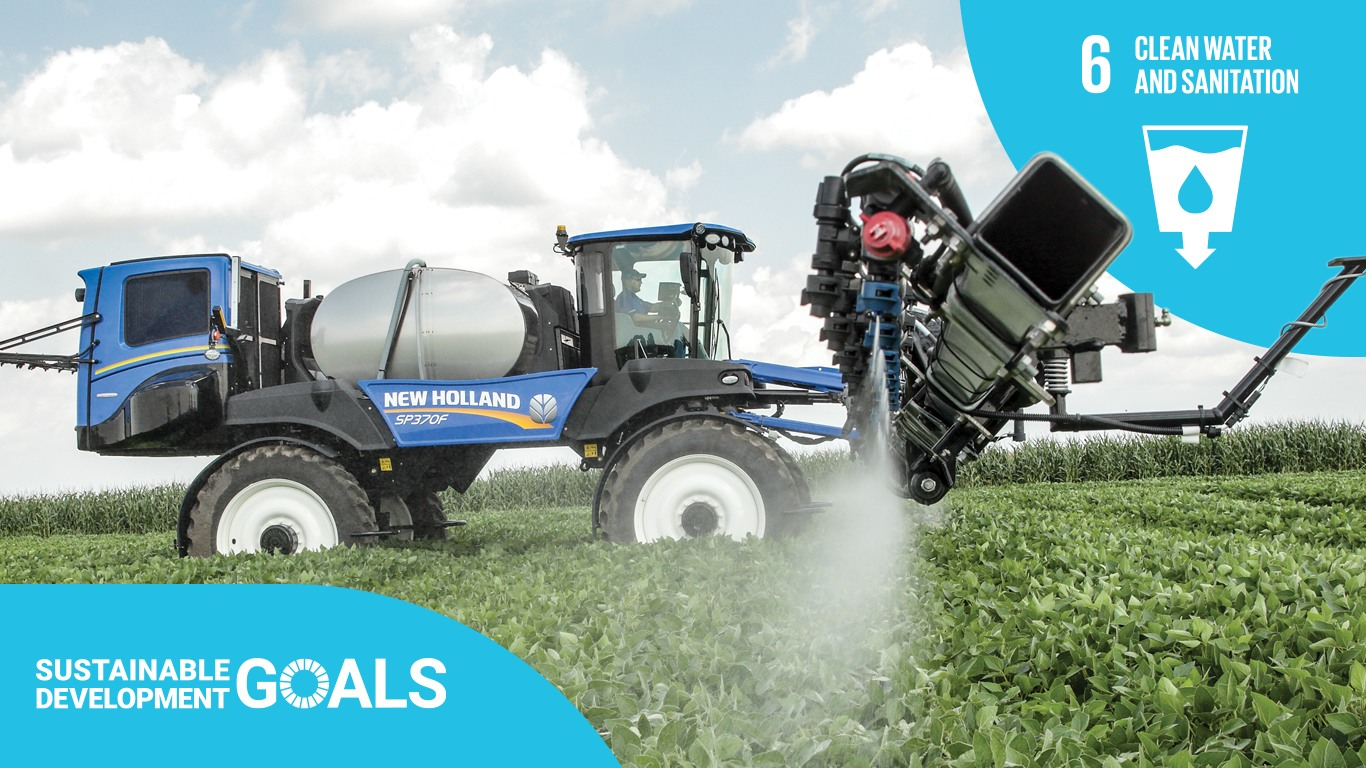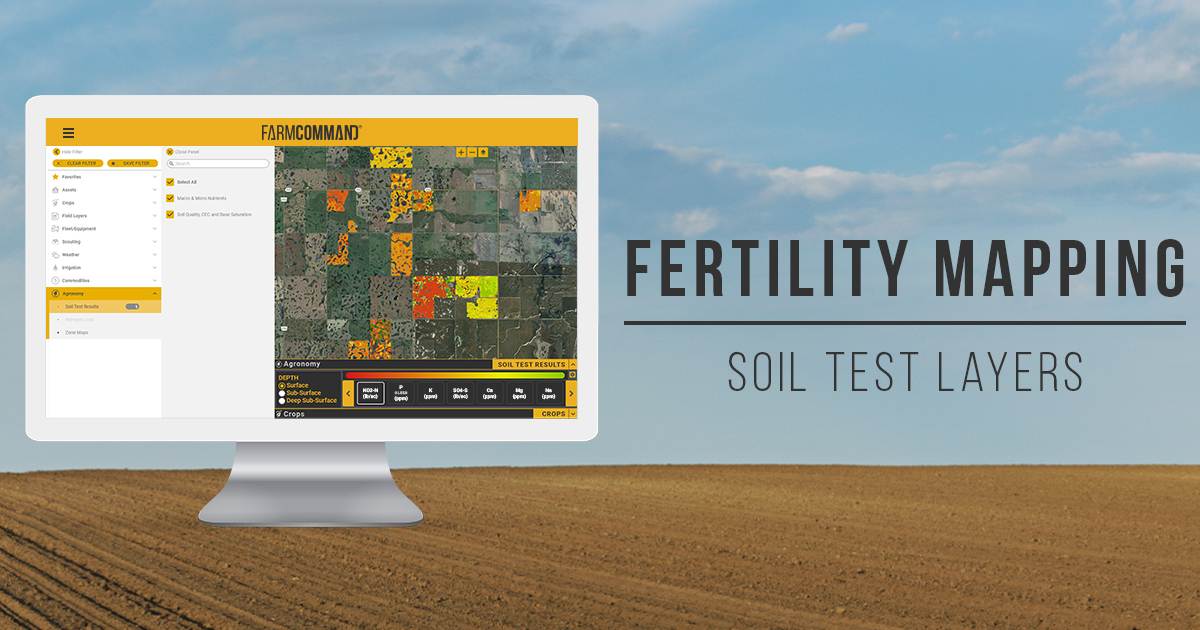Harnessing the Power of AI (Artificial Intelligence) in Agriculture and Farming: Revolutionizing the Future of Food Production
Introduction:
Agriculture has always been a vital industry, providing sustenance for humanity. However, with the world's population projected to reach nearly 10 billion by 2050, the demand for food production is growing exponentially. To meet these challenges, the agricultural sector is turning to cutting-edge technologies, with artificial intelligence (AI) at the forefront. AI-powered solutions are revolutionizing agriculture and farming, enabling farmers to enhance productivity, optimize resource utilization, and make data-driven decisions like never before.
- Precision Agriculture: Maximizing Efficiency and Sustainability
Precision agriculture leverages AI and advanced technologies to optimize farming practices at a granular level. AI algorithms analyze vast amounts of data from satellites, drones, sensors, and historical records to assess crop health, soil conditions, and weather patterns. This enables farmers to make precise decisions on irrigation, fertilization, and pesticide application, resulting in improved yields, reduced resource waste, and minimized environmental impact.
- Intelligent Farming Machinery: Automating Farm Operations
AI-driven robots and machinery are transforming traditional farming practices. Intelligent machines equipped with computer vision and machine learning algorithms can perform tasks such as planting, harvesting, and sorting with exceptional precision and speed. These advancements reduce labor costs, improve efficiency, and alleviate the shortage of skilled farm workers.
- Disease and Pest Detection: Early Intervention for Crop Protection
AI-powered image recognition and machine learning algorithms aid in the early detection of plant diseases and pest infestations. By analyzing images of plants and leaves, AI systems can swiftly identify symptoms and alert farmers to take preventive measures. This proactive approach minimizes crop losses, decreases reliance on pesticides, and supports sustainable agricultural practices.
- Predictive Analytics: Optimizing Farm Management
AI algorithms can predict various factors affecting crop growth and yield, including weather conditions, market trends, and disease outbreaks. By analyzing historical and real-time data, farmers can make informed decisions on crop selection, planting schedules, and pricing strategies. Predictive analytics empower farmers to maximize profitability and adapt to dynamic market conditions.
- Smart Irrigation Systems: Efficient Water Management
Water scarcity is a significant challenge in agriculture. AI-powered smart irrigation systems integrate weather forecasts, soil moisture sensors, and crop water requirements to deliver precise amounts of water to plants. By optimizing irrigation practices, farmers conserve water resources and reduce irrigation costs while maintaining crop health and productivity.
- Farm-to-Table Traceability: Ensuring Food Safety and Quality
AI technologies facilitate end-to-end traceability in the food supply chain. By leveraging blockchain and IoT devices, farmers can track and record vital information about each stage of production, including cultivation, storage, transportation, and distribution. This transparency enhances food safety, quality assurance, and consumer confidence in agricultural products.
- Data-Driven Decision-Making: Empowering Farmers
The abundance of data in modern agriculture can be overwhelming. AI algorithms process and analyze vast datasets, providing actionable insights to farmers. Real-time information on crop health, weather conditions, and market trends enables farmers to make informed decisions promptly, optimize resource allocation, and mitigate risks.
Conclusion:
AI-powered agriculture and farming are driving a new era of innovation, efficiency, and sustainability. From precision agriculture and intelligent machinery to disease detection and predictive analytics, the transformative potential of AI in agriculture is immense. By harnessing the power of AI, farmers can meet the growing global demand for food while minimizing environmental impact, optimizing resource utilization, and ensuring a sustainable future for generations to come. Embracing AI in agriculture will pave the way for a technologically advanced and food-secure world.













